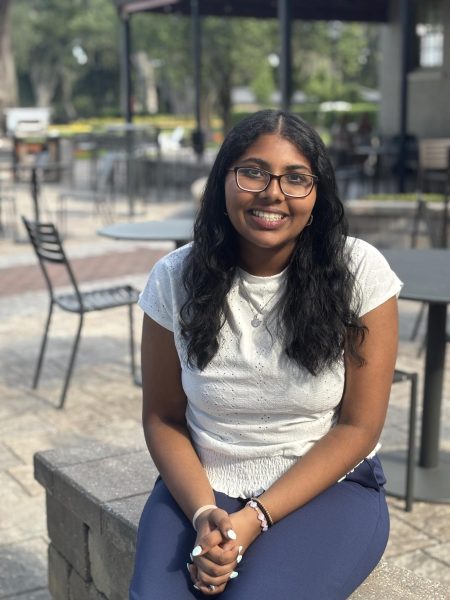Ramadan is the ninth month of the Islamic lunar calendar, and is one of the holiest times of the year for Muslims worldwide. It is a period of fasting, prayer, and self-reflection, observed by over a billion people across different cultures and countries. But how did this tradition begin, and why is it so important?
The practice of fasting during Ramadan traces back to the early 7th century when Islam was first established. According to Islamic belief, Ramadan is the month when the first verses of the Quran, the holy book of Islam, were revealed to the Prophet Muhammad by the Angel Jibreel. This momentous event, known as Laylat al-Qadr or “The Night of Power,” is believed to have occurred in the last ten nights of Ramadan.
In order to properly celebrate this special time of the year, Muslims fast from dawn until sunset, refraining from food, drink, and other physical needs. The fast is broken each evening with a meal called iftar, often beginning with dates and water, just as the Prophet Muhammad used to do. Before dawn, another meal called suhoor is eaten to help sustain energy throughout the day.
“During suhoor, my mom often makes traditional Indian breakfast food like Idli and dosa. While I am Muslim, my culture often shines through and iftar is a nice time to spend time with my family, because I do not generally do that,” said Zoel Khawaja ‘29.
But Ramadan is not just about abstaining from food and drink. It is also a time for self-improvement, charity, and strengthening one’s faith. Muslims are encouraged to read the Quran, offer additional prayers, and help those in need. It is also a time for family, community, and charity. Special prayers called Taraweeh are performed at night, and acts of kindness, such as donating to charity, are highly encouraged. It is normal for Muslims to pray around five times a day during Ramadan.
At the end of Ramadan, Muslims celebrate Eid al-Fitr (Eed-al-Fitter), a joyous holiday marking the end of fasting. Eid al-Fitr, often called the “Festival of Breaking the Fast,” is celebrated on the first day of Shawwal, the tenth month of the Islamic lunar calendar. The festival begins with a special prayer called Salat al-Eid, performed in congregation, often in open fields or large mosques. Before the prayer, Muslims give Zakat al-Fitr, a mandatory charity aimed at helping the less fortunate celebrate the occasion. Eid is a time of joy, gratitude, and community, where families and friends gather for festive meals, exchange gifts, and visit loved ones. Traditional foods and sweets, such as Sheer Khurma (a sweet vermicelli dessert) and various pastries are commonly enjoyed. It is also a time for reconciliation and strengthening relationships, as people seek forgiveness and spread goodwill. The date of Eid al-Fitr varies each year, depending on the sighting of the new moon, making it a globally anticipated and cherished event.
At Bolles, the school makes sure that any student participating in the Ramadan fasting or praying has accommodations to do so. In past years they have had empty classrooms for students to pray.
Fellow Bolles student, Abby Naugle ‘28 expresses how enthusiastic she is for this holiday.
“I know many people who celebrate Ramadan, and seeing them excited for the holiday makes me just as happy too!”
This year’s Ramadan starts March 1st, 2025. Many Bulldogs are looking forward to celebrating the upcoming Islamic tradition.



